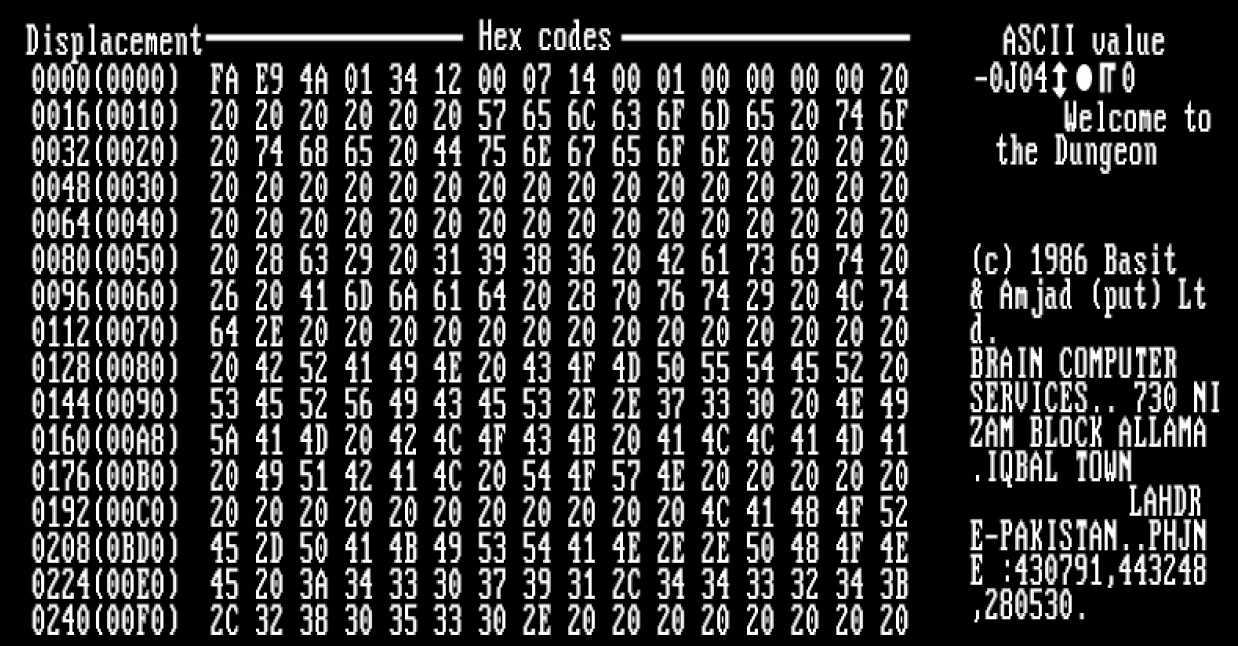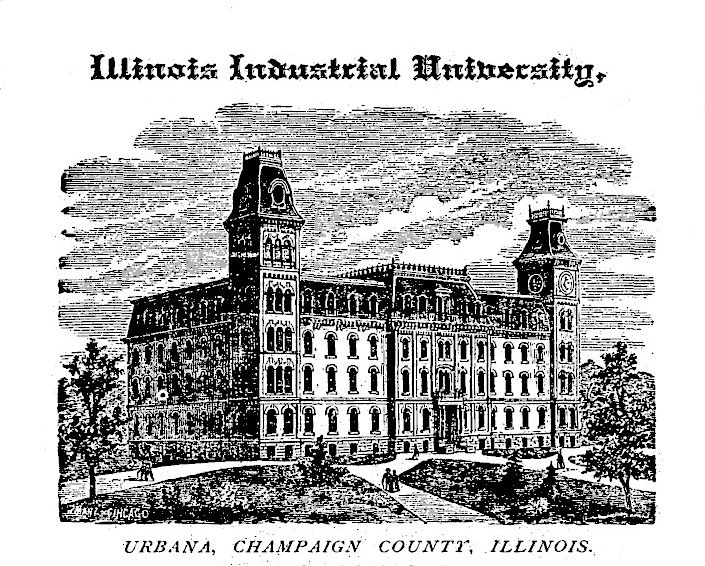|
Stealth Virus (computers)
A computer virus is a type of computer program that, when executed, replicates itself by modifying other computer programs and inserting its own code. If this replication succeeds, the affected areas are then said to be "infected" with a computer virus, a metaphor derived from biological viruses. Computer viruses generally require a host program. The virus writes its own code into the host program. When the program runs, the written virus program is executed first, causing infection and damage. A computer worm does not need a host program, as it is an independent program or code chunk. Therefore, it is not restricted by the host program, but can run independently and actively carry out attacks. Virus writers use social engineering deceptions and exploit detailed knowledge of security vulnerabilities to initially infect systems and to spread the virus. Viruses use complex anti-detection/stealth strategies to evade antivirus software. Motives for creating viruses can inclu ... [...More Info...] [...Related Items...] OR: [Wikipedia] [Google] [Baidu] |
Artificial Life
Artificial life (often abbreviated ALife or A-Life) is a field of study wherein researchers examine systems related to natural life, its processes, and its evolution, through the use of simulations with computer models, robotics, and biochemistry. The discipline was named by Christopher Langton, an American theoretical biologist, in 1986. In 1987 Langton organized the first conference on the field, in Los Alamos, New Mexico. There are three main kinds of alife, named for their approaches: ''soft'', from software; ''hard'', from hardware; and '' wet'', from biochemistry. Artificial life researchers study traditional biology by trying to recreate aspects of biological phenomena. Overview Artificial life studies the fundamental processes of living systems in artificial environments in order to gain a deeper understanding of the complex information processing that define such systems. These topics are broad, but often include evolutionary dynamics, emergent properties of colle ... [...More Info...] [...Related Items...] OR: [Wikipedia] [Google] [Baidu] |
ARPANET
The Advanced Research Projects Agency Network (ARPANET) was the first wide-area packet-switched network with distributed control and one of the first networks to implement the TCP/IP protocol suite. Both technologies became the technical foundation of the Internet. The ARPANET was established by the Advanced Research Projects Agency (ARPA) of the United States Department of Defense. Building on the ideas of J. C. R. Licklider, Bob Taylor initiated the ARPANET project in 1966 to enable access to remote computers. Taylor appointed Larry Roberts as program manager. Roberts made the key decisions about the network design. He incorporated Donald Davies' concepts and designs for packet switching, and sought input from Paul Baran. ARPA awarded the contract to build the network to Bolt Beranek & Newman who developed the first protocol for the network. Roberts engaged Leonard Kleinrock at UCLA to develop mathematical methods for analyzing the packet network technology. The first ... [...More Info...] [...Related Items...] OR: [Wikipedia] [Google] [Baidu] |
Creeper (program)
Creeper was the first computer worm, while Reaper was the first antivirus software, designed to eliminate Creeper. Creeper Creeper was an experimental computer program written by Bob Thomas at BBN in 1971. Its original iteration was designed to move between DEC PDP-10 mainframe computers running the TENEX operating system using the ARPANET, with a later version by Ray Tomlinson designed to copy itself between computers rather than simply move. This self-replicating version of Creeper is generally accepted to be the first computer worm. Creeper was a test created to demonstrate the possibility of a self-replicating computer program that could spread to other computers. The program was not actively malicious software as it caused no damage to data, the only effect being a message it output to the teletype reading "I'M THE CREEPER. CATCH ME IF YOU CAN!" [...More Info...] [...Related Items...] OR: [Wikipedia] [Google] [Baidu] |
University Of Dortmund
TU Dortmund University (german: Technische Universität Dortmund) is a technical university in Dortmund, North Rhine-Westphalia, Germany with over 35,000 students, and over 6,000 staff including 300 professors, offering around 80 Bachelor's and master's degree programs. It is situated in the Ruhr area, the fourth largest urban area in Europe. The university is highly ranked in terms of its research performance in the areas of physics, electrical engineering, chemistry and economics. The university pioneered the Internet in Germany, and contributed to machine learning (in particular, to support-vector machines, and RapidMiner). History The University of Dortmund (German: ''Universität Dortmund'') was founded in 1968, during the decline of the coal and steel industry in the Ruhr region. Its establishment was seen as an important move in the economic change (''Strukturwandel'') from heavy industry to technology. The university's main areas of research are the natural sciences, en ... [...More Info...] [...Related Items...] OR: [Wikipedia] [Google] [Baidu] |
Diplom
A ''Diplom'' (, from grc, δίπλωμα ''diploma'') is an academic degree in the German-speaking countries Germany, Austria, and Switzerland and a similarly named degree in some other European countries including Albania, Bulgaria, Belarus, Bosnia and Herzegovina, Croatia, Estonia, Finland, Poland, Russia, and Ukraine and only for engineers in France, Greece, Hungary, North Macedonia, Romania, Serbia, Slovenia, and Brazil. History The Diplom originates from the French Diplôme (''Diplôme de l'ordre impérial de la légion d'honneur'') describing a certificate devised during the Second French Empire to bestow honours upon outstanding citizens and soldiers of the imperial French army to promote them into the Legion of Honour since 1862. The Magister degree was the original graduate degree at German-speaking universities. In Germany the Diplom dates back to the pre-republican period: In October 1899 the engineering degree ''Diplom'' was announced by a ''supreme decree'' of ... [...More Info...] [...Related Items...] OR: [Wikipedia] [Google] [Baidu] |
Assembler (computer Programming)
In computer programming, assembly language (or assembler language, or symbolic machine code), often referred to simply as Assembly and commonly abbreviated as ASM or asm, is any low-level programming language with a very strong correspondence between the instructions in the language and the architecture's machine code instructions. Assembly language usually has one statement per machine instruction (1:1), but constants, comments, assembler directives, symbolic labels of, e.g., memory locations, registers, and macros are generally also supported. The first assembly code in which a language is used to represent machine code instructions is found in Kathleen and Andrew Donald Booth's 1947 work, ''Coding for A.R.C.''. Assembly code is converted into executable machine code by a utility program referred to as an ''assembler''. The term "assembler" is generally attributed to Wilkes, Wheeler and Gill in their 1951 book ''The Preparation of Programs for an Electronic Digital Com ... [...More Info...] [...Related Items...] OR: [Wikipedia] [Google] [Baidu] |
Self-replication
Self-replication is any behavior of a dynamical system that yields construction of an identical or similar copy of itself. Biological cells, given suitable environments, reproduce by cell division. During cell division, DNA is replicated and can be transmitted to offspring during reproduction. Biological viruses can replicate, but only by commandeering the reproductive machinery of cells through a process of infection. Harmful prion proteins can replicate by converting normal proteins into rogue forms. Computer viruses reproduce using the hardware and software already present on computers. Self-replication in robotics has been an area of research and a subject of interest in science fiction. Any self-replicating mechanism which does not make a perfect copy (mutation) will experience genetic variation and will create variants of itself. These variants will be subject to natural selection, since some will be better at surviving in their current environment than others and will ou ... [...More Info...] [...Related Items...] OR: [Wikipedia] [Google] [Baidu] |
Automata
An automaton (; plural: automata or automatons) is a relatively self-operating machine, or control mechanism designed to automatically follow a sequence of operations, or respond to predetermined instructions.Automaton – Definition and More from the Free Merriam-Webster Dictionary http://www.merriam-webster.com/dictionary/automaton Some automata, such as bellstrikers in mechanical clocks, are designed to give the illusion to the casual observer that they are operating under their own power. Since long ago, the term is commonly associated with automated puppets that resemble moving humans or animals, built to impress and/or to entertain people. Animatronics are a modern type of automata with electronics, often used for the portrayal of characters in films and in theme park attractions. Etymology The word "automaton" is the latinization of the Ancient Greek , , (neuter) "acting of one's own will". This word was first used by Homer to describe an automatic door opening, or au ... [...More Info...] [...Related Items...] OR: [Wikipedia] [Google] [Baidu] |
University Of Illinois
The University of Illinois Urbana-Champaign (U of I, Illinois, University of Illinois, or UIUC) is a public land-grant research university in Illinois in the twin cities of Champaign and Urbana. It is the flagship institution of the University of Illinois system and was founded in 1867. Enrolling over 56,000 undergraduate and graduate students, the University of Illinois is one of the largest public universities by enrollment in the country. The University of Illinois Urbana-Champaign is a member of the Association of American Universities and is classified among "R1: Doctoral Universities – Very high research activity". In fiscal year 2019, research expenditures at Illinois totaled $652 million. The campus library system possesses the second-largest university library in the United States by holdings after Harvard University. The university also hosts the National Center for Supercomputing Applications and is home to the fastest supercomputer on a university campus. The u ... [...More Info...] [...Related Items...] OR: [Wikipedia] [Google] [Baidu] |
John Von Neumann
John von Neumann (; hu, Neumann János Lajos, ; December 28, 1903 – February 8, 1957) was a Hungarian-American mathematician, physicist, computer scientist, engineer and polymath. He was regarded as having perhaps the widest coverage of any mathematician of his time and was said to have been "the last representative of the great mathematicians who were equally at home in both pure and applied mathematics". He integrated pure and applied sciences. Von Neumann made major contributions to many fields, including mathematics (foundations of mathematics, measure theory, functional analysis, ergodic theory, group theory, lattice theory, representation theory, operator algebras, matrix theory, geometry, and numerical analysis), physics (quantum mechanics, hydrodynamics, ballistics, nuclear physics and quantum statistical mechanics), economics ( game theory and general equilibrium theory), computing ( Von Neumann architecture, linear programming, numerical meteo ... [...More Info...] [...Related Items...] OR: [Wikipedia] [Google] [Baidu] |

.jpg)




